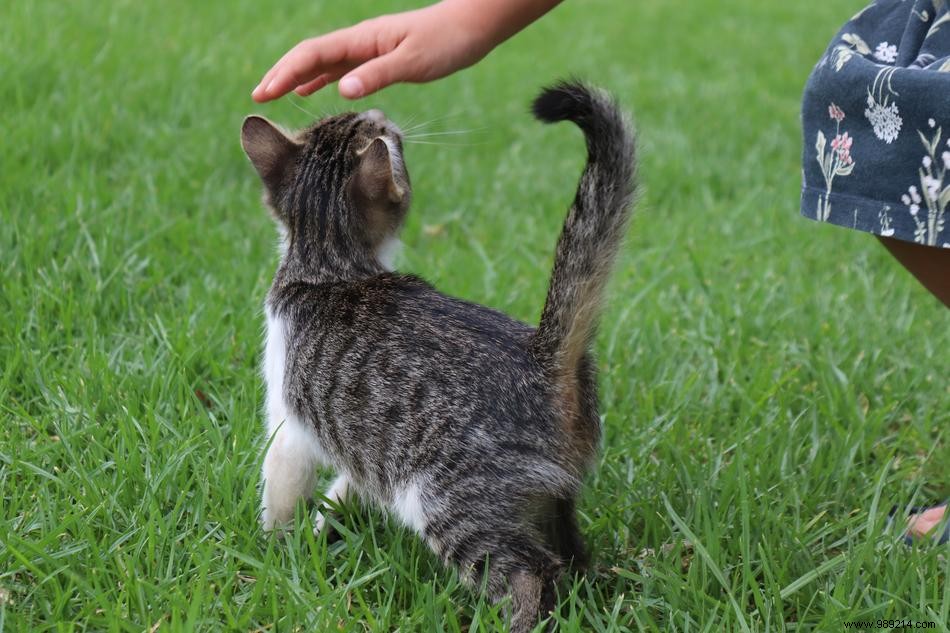Emerging research on SARS-CoV-2 highlights potential human-to-animal transmissions. A University of Glasgow study documents two cases in Scotland where cats contracted the virus from their owners.
Since the COVID-19 pandemic began over a year ago, scientists have extensively investigated the virus's origins, initially focusing on zoonotic spillover from animals like bats, pangolins, and minks. Now, attention turns to reverse transmission. In a study published in Veterinary Record on April 22, 2021, University of Glasgow researchers analyzed cats and confirmed two distinct cases of SARS-CoV-2 infection in felines of different breeds from separate households. Both cats exhibited mild to severe respiratory symptoms.
Notably, in each instance, the owners displayed COVID-19 symptoms prior to their cats falling ill. Lead author Margaret Hosie emphasizes that these findings underscore the need to deepen our understanding of SARS-CoV-2 in animals. Routine testing in pets remains limited, potentially masking additional transmissions.

The first case involved a four-month-old female Ragdoll kitten. In late March 2020, her owner experienced classic coronavirus symptoms but was not tested. The kitten soon developed breathing difficulties, leading to veterinary care. Her condition worsened, necessitating euthanasia. Post-mortem analysis revealed viral pneumonia and confirmed SARS-CoV-2 traces.
The second case concerned a six-year-old Siamese female living with a household member who tested positive for the virus. She developed a mild infection, showing only nasal discharge and conjunctivitis. Retrospective swab testing verified SARS-CoV-2 presence.
While animal-to-human transmission poses minimal public health risk currently, experts warn that infected animals could serve as viral reservoirs, sustaining SARS-CoV-2 circulation. As human cases decline, these reservoirs might reintroduce the virus to people.